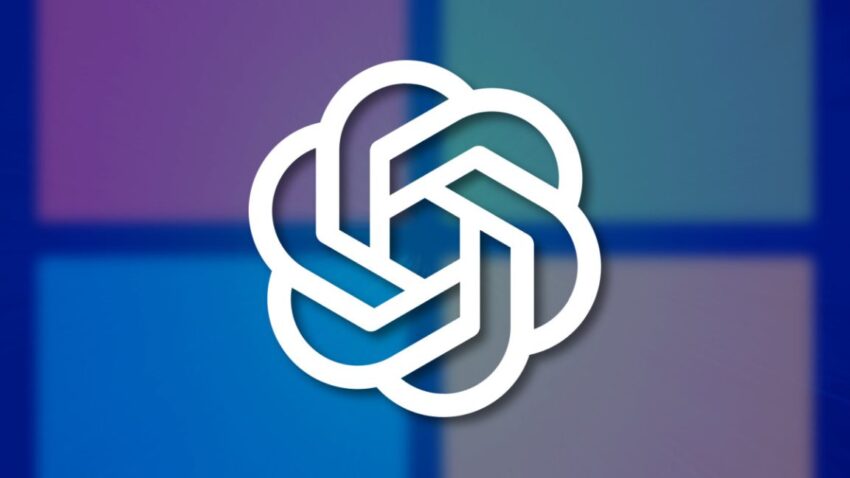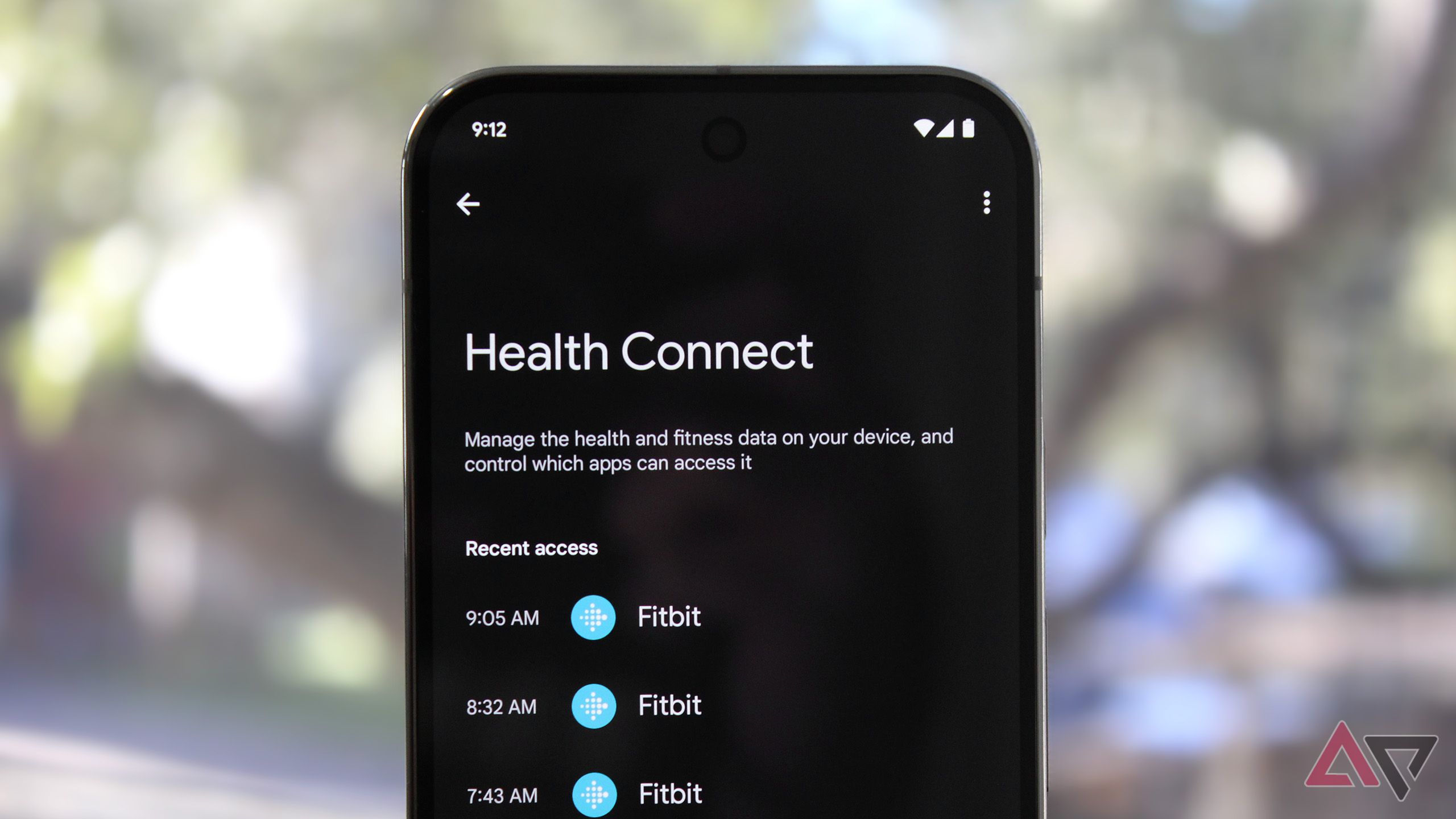
openai and microsoft sign preliminary deal to OpenAI and Microsoft have taken a significant step in their evolving partnership by signing a preliminary agreement aimed at revising their collaboration terms.
openai and microsoft sign preliminary deal to
Overview of the Agreement
On Thursday, OpenAI and Microsoft announced the signing of a non-binding memorandum of understanding (MOU) to revise their partnership. This development highlights the increasingly intricate relationship between the two companies as they navigate the competitive landscape of artificial intelligence (AI) and seek to address their growing infrastructure needs.
In a joint statement, the companies expressed their commitment to the partnership, stating, “Microsoft and OpenAI have signed a non-binding memorandum of understanding (MOU) for the next phase of our partnership. We are actively working to finalize contractual terms in a definitive agreement. Together, we remain focused on delivering the best AI tools for everyone, grounded in our shared commitment to safety.”
Background of the Partnership
The partnership between OpenAI and Microsoft began in 2019 when Microsoft invested $1 billion in OpenAI. This investment was aimed at fostering the development of AI technologies and integrating them into Microsoft’s products and services. Over the years, this collaboration has evolved, with Microsoft becoming OpenAI’s largest investor, committing over $13 billion to date.
As part of this partnership, Microsoft has integrated OpenAI’s technologies into its Azure cloud platform, allowing businesses to leverage advanced AI capabilities. This integration has enabled Microsoft to enhance its offerings in various sectors, including enterprise solutions and consumer products. The partnership has also positioned Microsoft as a key player in the AI market, competing with other tech giants such as Google and Amazon.
Transition from Nonprofit to For-Profit
A significant aspect of this latest agreement is OpenAI’s ongoing transition from a nonprofit organization to a for-profit entity. This shift is not merely a change in structure; it represents a strategic move to attract more investment and scale its operations. The transition requires Microsoft’s approval, given its substantial financial stake in OpenAI.
OpenAI’s decision to restructure is rooted in the need for greater resources to compete in the rapidly evolving AI landscape. As AI technologies become increasingly sophisticated and demand for these solutions grows, OpenAI aims to position itself as a leader in the field. The shift to a for-profit model will allow OpenAI to pursue additional funding opportunities and expand its research and development initiatives.
Implications of the Revised Partnership
The revised terms of the partnership could have far-reaching implications for both companies and the broader AI ecosystem. By formalizing their collaboration, OpenAI and Microsoft can align their strategic goals more effectively, ensuring that their efforts in AI development are complementary rather than competitive.
One potential outcome of this agreement is the acceleration of AI innovation. With both companies pooling their resources and expertise, they can enhance the development of cutting-edge AI tools and applications. This could lead to breakthroughs in various fields, including healthcare, finance, and education, where AI has the potential to drive significant improvements.
Market Competition
The partnership also positions Microsoft to better compete against other tech giants in the AI space. Companies like Google, Amazon, and Meta are investing heavily in AI research and development, creating a highly competitive environment. By strengthening its partnership with OpenAI, Microsoft can leverage advanced AI capabilities to enhance its product offerings and attract more customers.
Moreover, the collaboration may lead to the development of new AI-driven services that could disrupt existing markets. For instance, advancements in natural language processing and machine learning could enable Microsoft to create more intelligent virtual assistants, improve customer service solutions, and enhance data analytics capabilities.
Focus on Safety and Ethics
Another critical aspect of the partnership is the shared commitment to safety and ethical AI development. Both OpenAI and Microsoft have emphasized the importance of creating AI technologies that are safe, transparent, and beneficial to society. As AI systems become more integrated into everyday life, addressing ethical concerns and ensuring responsible usage will be paramount.
The joint statement from both companies highlights their dedication to these principles: “Together, we remain focused on delivering the best AI tools for everyone, grounded in our shared commitment to safety.” This commitment is particularly relevant in light of growing concerns about the potential misuse of AI technologies and the ethical implications of their deployment.
Stakeholder Reactions
The announcement of the revised partnership terms has elicited a range of reactions from stakeholders in the tech industry and beyond. Investors, analysts, and industry experts are closely monitoring the developments, as the partnership could significantly impact the competitive landscape of AI.
Many analysts view the agreement as a positive step for both companies, suggesting that it could lead to increased innovation and market growth. “The collaboration between OpenAI and Microsoft is a strategic move that aligns with the growing demand for AI solutions across various sectors,” said an industry analyst. “By working together, they can leverage their strengths and drive advancements that benefit both businesses and consumers.”
However, some stakeholders express caution regarding the implications of OpenAI’s transition to a for-profit model. Concerns have been raised about the potential prioritization of profits over ethical considerations in AI development. Critics argue that the shift could lead to a focus on monetization rather than the responsible advancement of AI technologies.
Future Prospects
As OpenAI and Microsoft work to finalize the terms of their partnership, the future of their collaboration remains a topic of interest. The successful execution of their revised agreement could pave the way for new innovations and applications in AI, benefiting a wide range of industries.
In the coming months, stakeholders will be looking for updates on the progress of the partnership and the specific initiatives that will emerge from this collaboration. The outcome of this agreement could set a precedent for how tech companies approach partnerships in the AI space, influencing future collaborations and investments.
Conclusion
The signing of the non-binding memorandum of understanding between OpenAI and Microsoft marks a pivotal moment in their partnership, reflecting the complexities of the evolving AI landscape. As both companies navigate the challenges and opportunities presented by this dynamic market, their collaboration could lead to significant advancements in AI technologies, with implications for various sectors and society as a whole.
As the companies finalize their contractual terms, the tech industry will be watching closely to see how this partnership unfolds and what innovations it may bring to the forefront of AI development.
Source: Original report
Was this helpful?
Last Modified: September 12, 2025 at 4:35 am
0 views















